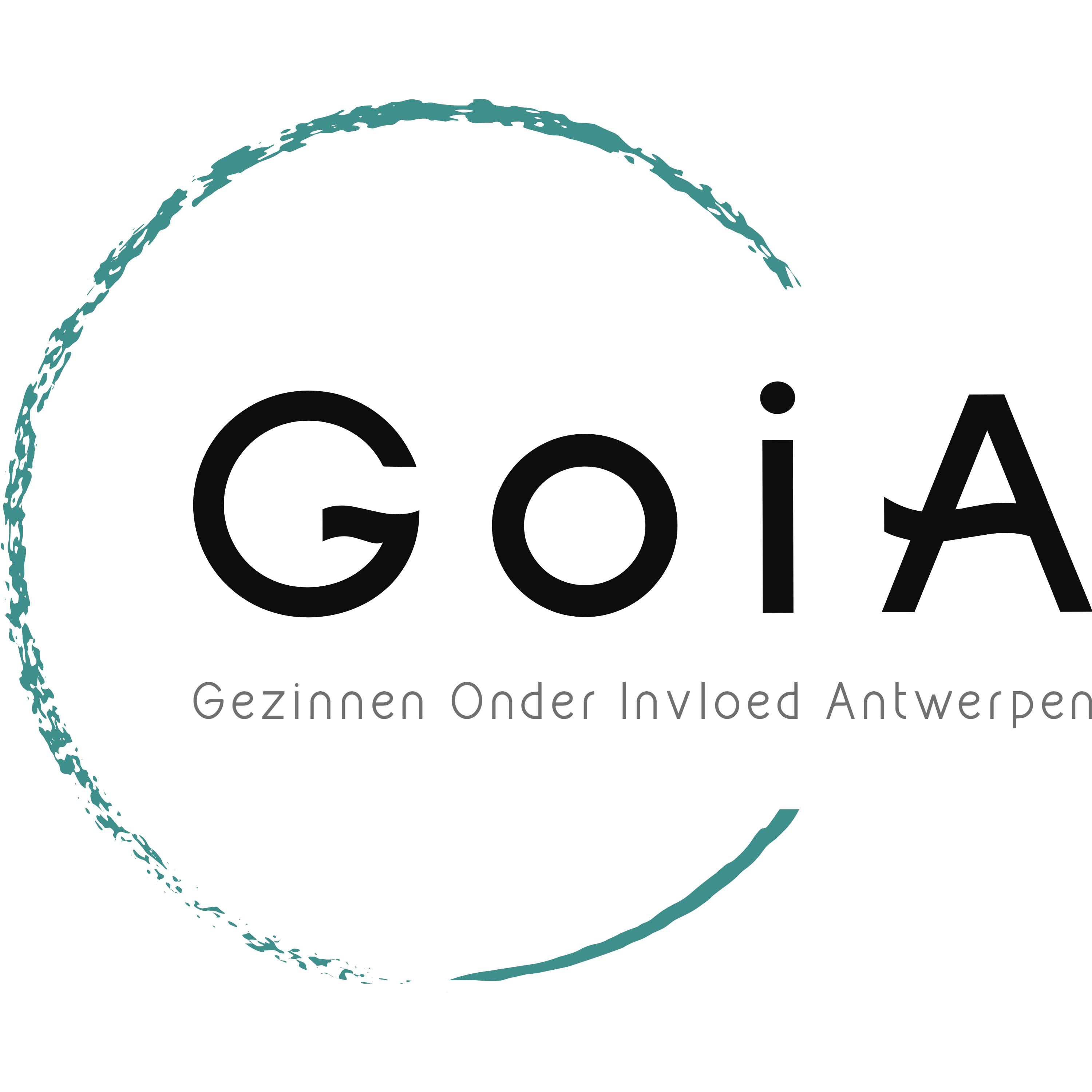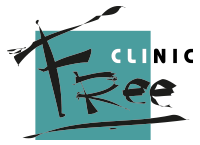



GoiA (Families under the influence Antwerp) is a part of Free Clinic non-profit organization in collaboration with Zorgbedrijf Antwerp that focuses on families with young children where one or both parents is struggling with a drug problem.
► The ultimate goal is to promote the development opportunities of children of parents with a drug problem and to prevent these children from developing serious problems themselves.
The baseline of GoiA is that children and young people from a family where one or both parents is/are struggling with a drug problem, by definition, grow up in a high-risk situation. However, this does not mean that the drug use of the parent(s) always has to hinder proper care and education of the children. After all, in addition to the risk factors relating to the parents, the child and the environment, a number of protective factors may also be present.
GoiA aims to limit risk factors and increase protective factors in consultation with parents. In this way, we try to strive for the right that every child has to grow up in his or her family, provided it is safe. GoiA initially addresses parents with a drug problem about their parenting role and from there, together with the parent, examines which issues within the family stand in the way of the child’s development chances. GoiA focuses on the interests of the child but sees the parent as the most important discussion partner.
Clients can register with GoiA on their own initiative or referral from general practitioners, hospitals or other centers. Subsequently, a first assessment takes place to determine whether this client system belongs to the target group.
During the subsequent contacts, the problems of the parents in various areas of life are mapped out, and the primary care for the children is assessed. Subsequently, it is examined which actions should be taken in which areas of life and which offer seems most suitable for this. This information will then help the case manager get started to piece together a suitable support offer. This offer can consist of both formal and informal support. Supply and demand are linked to each other in a round table or coordination meeting to which the parents are invited together with the relevant (care) partners.
After this consultation, the case manager will regularly evaluate, together with parents and care providers, whether or not the goals are being achieved. This can mean that the work plan and/or the goals need to be adjusted, that partners are added or lost. The baseline is always to create a stable and safe parenting climate.
The counseling will continue as long as the parents cooperate or until they indicate that they no longer need it. When parents drop out and can no longer be motivated in any way to cooperate with the project, the case manager will inform all partners involved that GoiA can no longer take up the directing position. If the safety of the children is no longer guaranteed, and no other services are involved, GoiA will be forced to take further steps to ensure the safety of the children.
Case management, therefore, always includes the following components:
Specifically aimed at children of drug-dependent parents, two more basic functions can be added here.

GoiA
Zeilstraat 16
2060 Antwerpen
t 03 236 85 66
info@goia.be
Maandag tot vrijdag
10-12u30 * 13u30-17u
